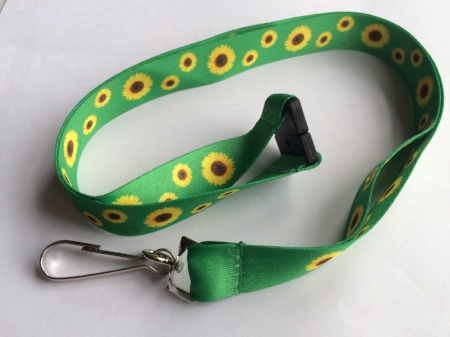Making Gatwick Airport dementia-friendly
/Photo @samsosina on unsplash
The Civil Aviation Authority is currently consulting on guidance around the need to provide assistance for people with hidden disabilities, where '...Hidden disabilities include, but are not limited to, dementia, autism, learning disabilities, anxiety issues, mental health impairments and hearing loss'.
And we're hearing quite a bit about air travel in our workshops. From the difficulties of hearing announcements on the plane to the stresses of the security process. So, it was interesting to learn that Gatwick Airport had recently launched a new initiative during Dementia Awareness Week - a lanyard for passengers with hidden disabilities who may require additional support when travelling through the airport.
Passenger Assistance at Gatwick is provided by OCS who help passengers with reduced mobility with services such as wheelchair access, flight transfers and more. I met with Ruth Rabet and Sam Berry at the Gatwick OCS office recently and learned about the work they are doing to help people with hidden disabilities.
If you've ever travelled through London Gatwick you'll know just how big it is. The numbers are staggering - airlines fly from there to more than 220 destinations in 80 countries, carrying 41 million passengers a year. Over 20,000 people work on site. Like many international airports, it houses a complex combination of transport services along with retail, food and many other aspects of air travel.
So, how do you go about introducing dementia-friendly initiatives in such a high-pressured and complex environment?
Working closely with the Alzheimers Society, the National Autistic Society and others, Ruth and Sam have been developing ideas such as orientation visits to allow people to become familiar with airport surroundings and procedures before they fly. They are also delivering Dementia Friends training to staff across the airport and during Dementia Awareness week some of this was carried out in public spaces, raising awareness even further.
The idea of a lanyard was developed when thinking about the constant rush of air travel, with little time to stop and pause. Travellers with hidden disabilities, including dementia, can benefit from some simple changes to the routine - a little more time to answer questions or not being separated from companions or possessions. Having the option to wear lanyard might provide a subtle sign that a person might look for extra help.
Launched in Dementia Awareness week, they have proved popular. Customers can collect the lanyards at assistance desks in both terminals - around 600 have been issued since the launch and over 500 posted out to customers who have contacted OCS, requesting them prior to their travel.
And there are plans to try different formats. Pin badges and ribbons will be available very shortly and there are plans for rolling these ideas out across other airports that OCS operate from.


